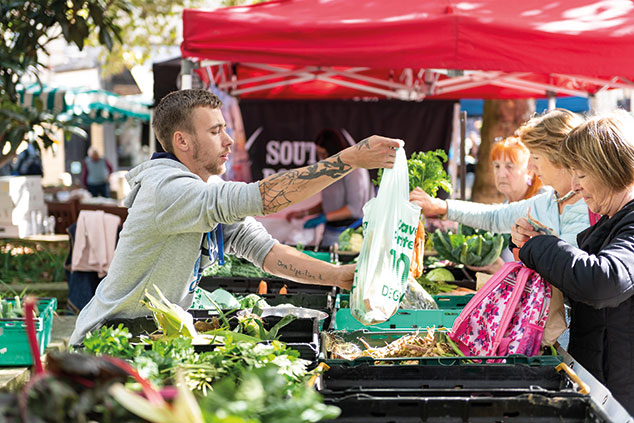
A family lunch on the terrace at a mahogany table with fresh fish and excellent wine. In the distance a combine harvester gathers in the crop, while nearby the gardener, window cleaner and maid bustle about; the carers look after my old father and the nannies take care of my grandchildren. There is new tarmac on the drive, a new lick of paint on the outbuildings and our eggs and vegetables are selling well.
The feeling of well-being is greatly enhanced knowing that every activity, payment or sale is outside of the recorded economy, a huge financial saving. Sadly, this scenario is just a dream, but it demonstrates the ubiquity of the “shadow economy”.
The shadow, grey, unofficial, or black market has many other names and more definitions, but a useful description is any economic activity that takes place outside government-sanctioned channels, usually to allow participants to avoid government regulations, price controls, tax and reporting. Economists bicker over what to include, but like an elephant it’s usually easy to recognise even if you struggle to define it.
All governments take the moral high ground when mobilising their forces against black markets, by emphasising the genuinely undesirable economic consequences (not to mention humanitarian costs). These consequences include the loss of revenue to fund public services – children’s healthcare is the standard emotive headline, along with education and the police.
Then there are the obvious dangers of the vast market in illegal car and aeroplane parts; the devastating effects of illegal logging; the risks of poorly-manufactured pharmaceuticals, be they of the medicinal variety or insanely toxic recreational drugs.
Subscribers can read it in the digital edition or app